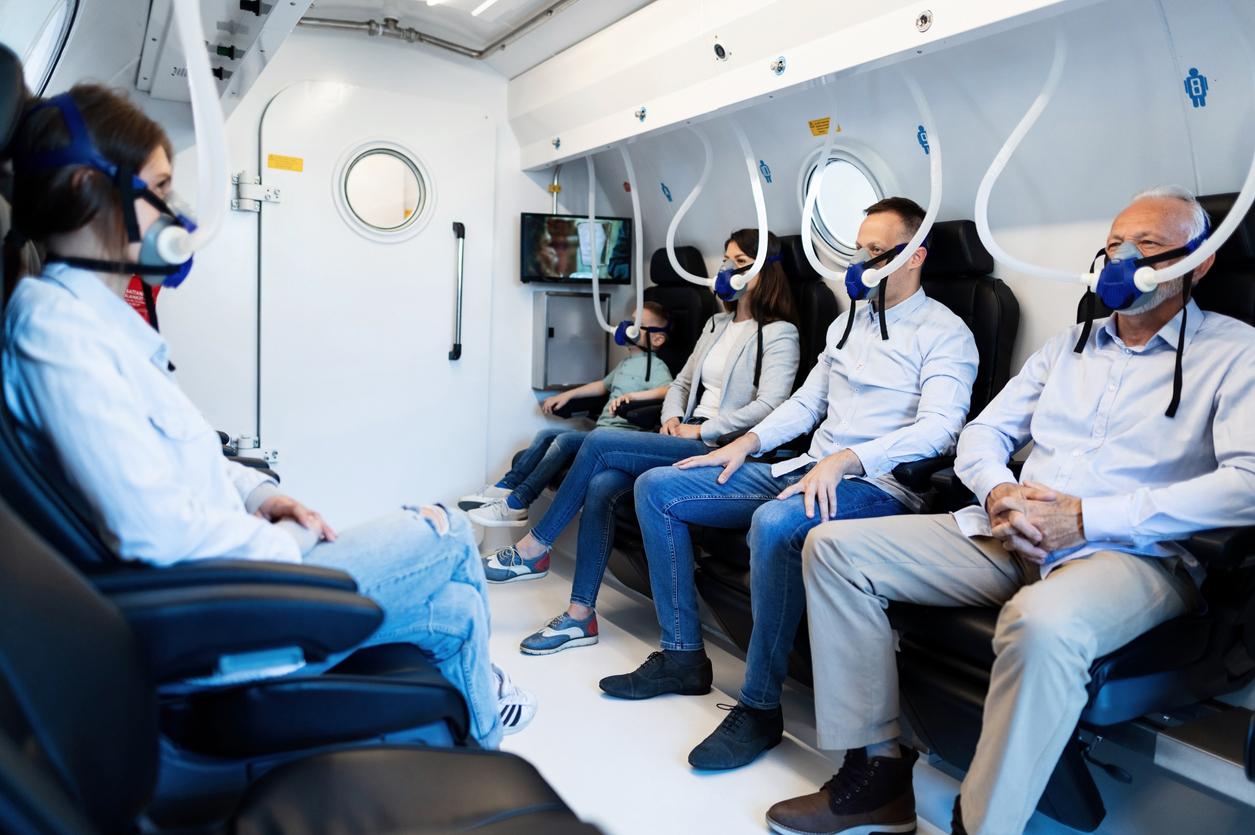Antiviral drugs, prescribed to treat hepatitis C, can reduce symptoms of post-traumatic stress disorder.

- 92.5% of participants with hepatitis C were cured after taking antiviral drugs.
- More than 6% of Americans will develop post-traumatic stress disorder in their lifetime.
Post-traumatic stress disorder, which occurs after a traumatic event, is common among veterans. This disorder disrupts the daily lives of patients, exacerbating their moral suffering and their physical complications. In the United States, it affects more than 10% of veterans, according to researchers at Boston University (United States).
Two treatments approved by the FDA
However, the Food and Drug Administration (FDA) has only approved two drugs (sertraline and paroxetine) to treat this condition. “Both showed only limited efficacy in reducing symptoms of post-traumatic stress disorder,” the team said.
This is why American scientists decided to carry out research to find out whether existing drugs can relieve the symptoms of this disorder. “We recently conducted a cohort that indicated that several direct-acting antivirals (DAAs), highly effective treatments for hepatitis C, were also associated with improved post-traumatic stress disorder,” they indicated. Their research was conducted with American veterans.
254 American veterans followed
In a new study, published in the journal American Journal of Epidemiology, the same authors performed a more rigorous analysis to examine and compare the efficacy of previously identified direct-acting antivirals in improving the symptoms of the syndrome. For this, they used data from their previous cohort, but this time the researchers included only patients diagnosed with hepatitis C. In total, 254 veterans, supported from October 1, 1999 and September 30, 2019, participated in the study.
The volunteers were given a combination of FDA-approved hepatitis C drugs, including glecaprevir and pibrentasvir, ledipasvir and sofosbuvir, or sofosbuvir and velpatasvir. The scientists followed the patients’ symptoms for post-traumatic stress disorder and hepatitis C for 8 to 12 weeks.
Combine glecaprevir and pibrentasvir
Based on the results, the drug combination glecaprevir and pibrentasvir had the strongest association with improvement in syndrome symptoms among direct-acting antiviral drugs. “The level of improvement we see for glecaprevir and pibrentasvir is impressive and more than twice what we saw for paroxetine and sertraline,” said Jaimie Gradus, author of the work, in a statement.
Now the authors have been funded by the Department of Defense to study the combination of glecaprevir and pibrentasvir as a potential treatment for post-traumatic stress disorder in a randomized, placebo-controlled trial. “It will be several years before we see the results”, they concluded.


















